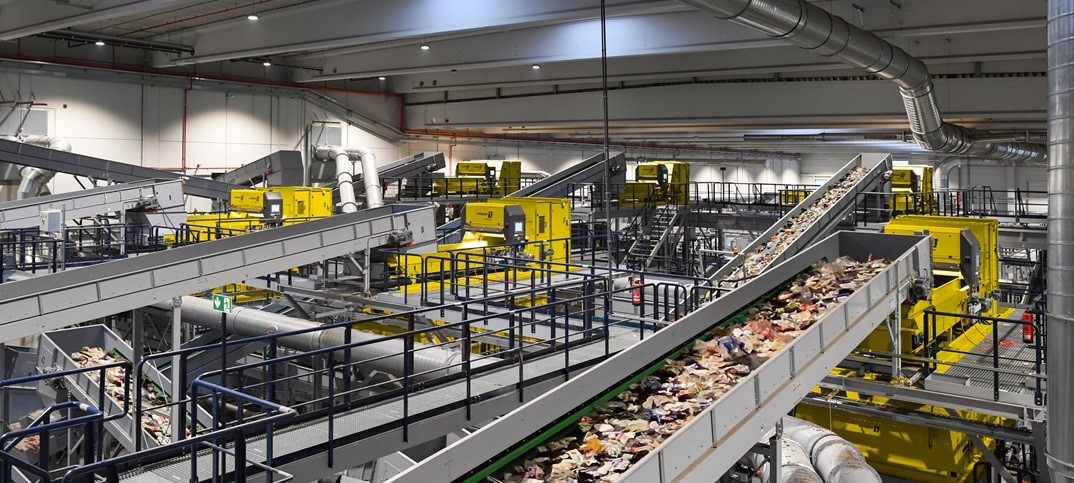

Steinert Gmbh, founded in 1889, has successfully established the first LIBS sorting plant in Europe to extract secondary raw material after sorting aluminium scrap. Nowadays, the need for good quality aluminium is soaring, and organisations are toiling hard to keep the purity of their recycled aluminium intact. Introducing this plant would erase the boundaries between a customer and a recycler, where the former would have a definite place to return the aluminium scrap, building a concrete circular economy.

Steinert Gmbh uses X-Ray transmission or XRT to differentiate heavy metals from lighter ones. Then the sorted material is melted again to form the raw material for manufacturing new aluminium products. The STEINERT XSS T EVO 5.0 currently provides the best upfront technology globally.
Aluminium which circles back to come down at a recycling unit first has to go through intense methods of separation, and it can only be performed by processors who can follow a step-by-step action. The recycling process in Steinert is much simpler as it has an automated magnetic separation technology.
As claimed by Stemin S.p.A., an Italian aluminium recycling expert, has commented about the German enterprise’s trustworthiness as they have relied on Steinert’s recycling and sorting machines for many years.
Chairperson of the holding company FECS under which falls Stemin, Olivo Foglieni, quoted: “We have opted to buy from Steinert because of its ongoing research and development in the field of metal recycling, the fact that the quality that its machines achieve when sorting, is improving all the time and because its ever-more efficient sorting machines help us to produce the quality levels we need. This was absolutely the right decision for us.”
This LIBS metal sorting machine is appropriate for aluminium recyclers who are keen on processing pre-sorted aluminium by alloy type. AMAG Austria Metall AG has held an operational machine on its site since 2018, and it has set an example for other institutions that wish to follow the ploy by 2022.
Steinert’s LSS (Line Sorting System) allows a user to separate various alloys in just one glance with help from the LIBS sensor. LIBS, full-form, Laser-Induced Breakdown Spectroscopy, is a technique by which one can analyse the properties of an element. The in-built calibration method of the machine can measure the concentrations of alloyed materials like Cu, Fe, Mg, Mn, Si, Zn and Cr.
The sorting of elements is initially done by ripping the material mixture in such a pattern that it flows past the laser so the beams can hit the surface of the material, forcing some tiny material particles into evaporation. The emission rate is marked every time and analysed continuously to determine the alloy itself with the individual elements of each object.
Seven different materials can be identified in the preliminary tests run by the machine. In the next part, compressed air nozzles shoot these individual elements into designated bunkers in the second part of the machine’s design, completely relying on their elemental properties.
Based in Cologne, Steinert has a rich history of 130 years, making the family business one of the leading organisations worldwide that excel in magnetic separation and sensor sorting. It has an employee range of 400 generating an annual turnover of approximately €100 million. Moreover, in addition to 50 sales collaborations and joint ventures across the planet, the company also has branches in Germany, the USA, Brazil and Australia.
Responses








